Super-powerful MacBook Pro and Mac mini arrive with new Apple M2 Pro & Max chips
Surprise!
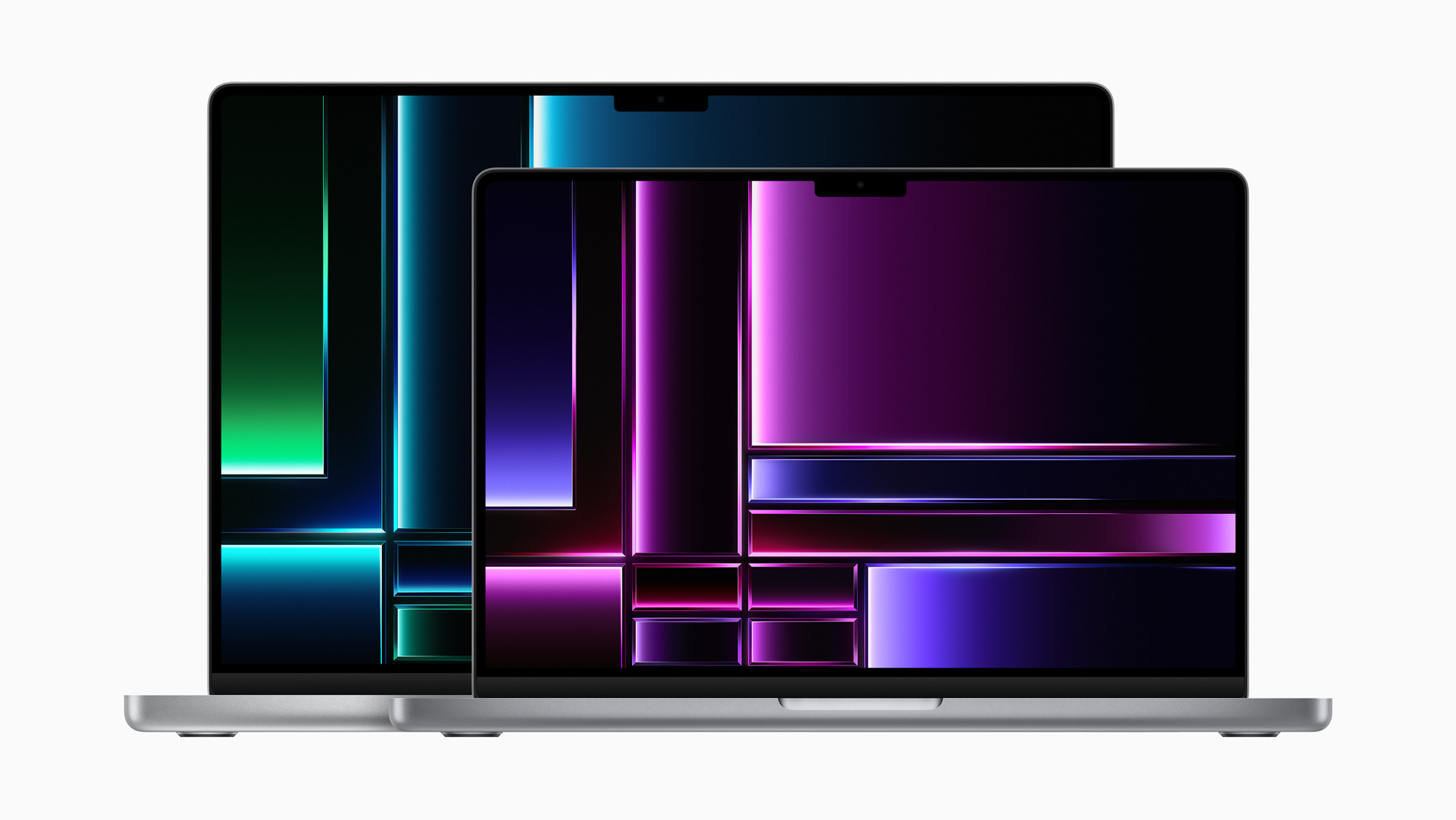
Apple has quietly launched the MacBook Pro 16-inch (2023) and MacBook Pro 14-inch (2023), alongside powerful M2 Pro and M2 Max chips - follow-ups to the M1 Pro and M1 Max.
According to Greg Joswiak, Apple’s senior vice president of Worldwide Marketing, "Today the MacBook Pro gets even better. With faster performance, enhanced connectivity, and the longest battery life ever in a Mac, along with the best display in a laptop, there’s simply nothing else like it."
There's also a new Mac mini (2023), and the compact PC comes with a choice of an M2 chip from last year, or the brand-new M2 Pro chip. It also starts at a new, lower, starting price of $599 / £649 / AU$999.
Pre-orders go live today (we have a guide on where to pre-order the new MacBook Pros), and will ship beginning January 24.
What you need to know:
- New MacBook Pro 14-inch, MacBook Pro 16-inch and Mac mini models announced
- Powerful M2 Pro and M2 Max chips also revealed
- All can be ordered right now
- Arrive in stores and delivered starting January 24
- MacBook Pro 14-inch (2023) starts at $1,999 / $2,149 / AU$3,199
- MacBook Pro 16-inch (2023) starts at $2,499 / £2,699 / AU$3,999
- Mac mini (2023) starts at a new lower price of $599 / £649 / AU$999
MacBook Pro 16-inch (2023) and MacBook Pro 14-inch (2023)
The MacBook Pro 14-inch (2021) and MacBook Pro 16-inch (2021) now have follow-ups, with both models of the powerful mobile workstations getting the new M2 Pro and M2 Max chips - which Apple calls "the world’s most powerful and efficient chip for a pro laptop."
While we'll hopefully put these claims to the test soon when we get the new MacBook Pros in for review, we were extremely impressed by the previous versions, and loved the MacBook Air (M2, 2022) and MacBook Pro (M2, 2022), so we can definitely imagine that these new models won't disappoint.
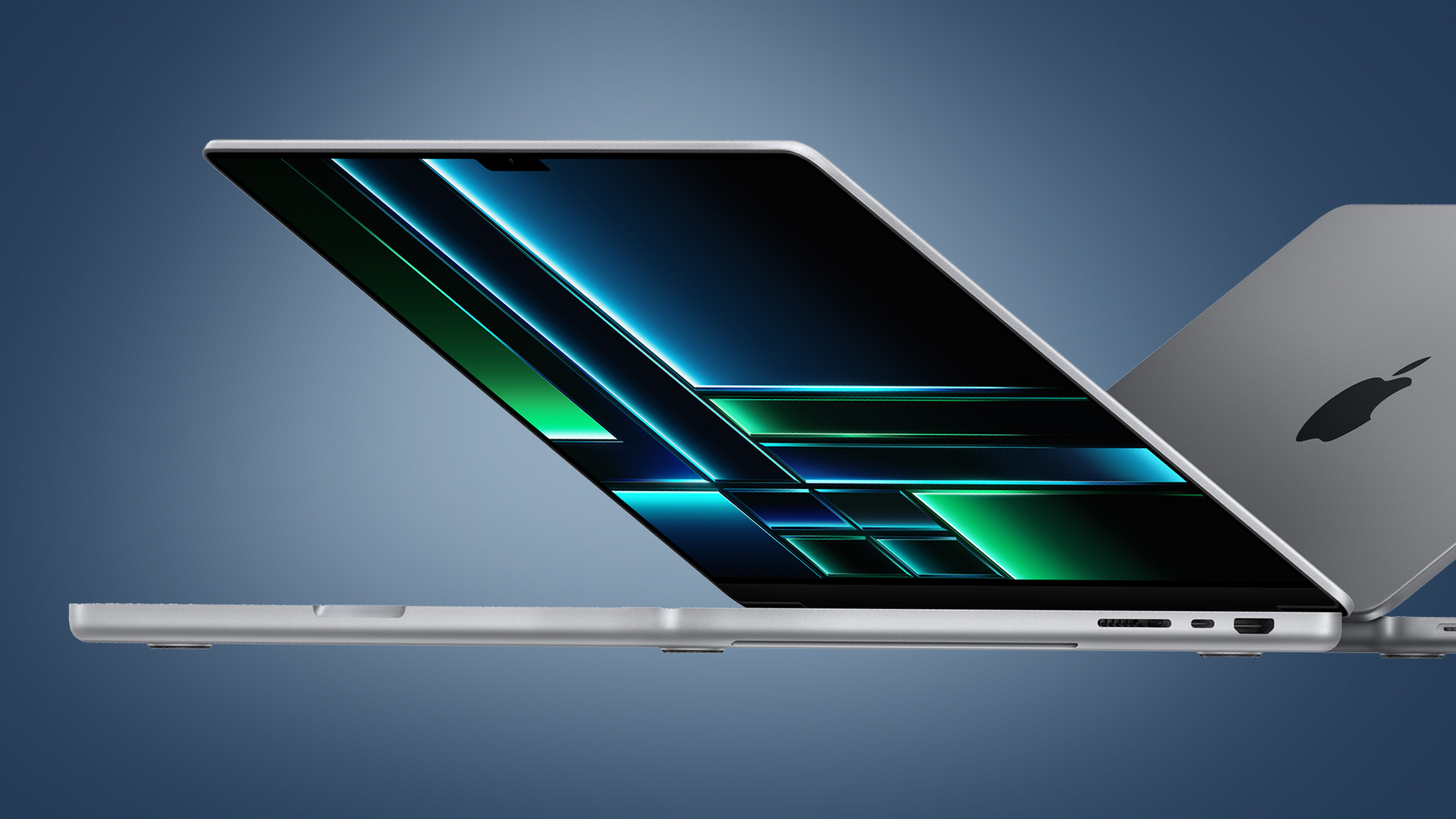
Apple also has big claims for battery life, with up to 22 hours - again, this is potentially game-changing if true, considering the performance levels on offer here.
Get daily insight, inspiration and deals in your inbox
Sign up for breaking news, reviews, opinion, top tech deals, and more.
These new MacBook Pros also support Wi-Fi 6E and HDMI support up to 8K. You can also configure the MacBook Pros with a huge 96GB of unified memory.
The 14-inch MacBook Pro with M2 Pro chip starts at $1,999 / $2,149 / AU$3,199 and comes with:
- 10-core CPU with 6 performance cores and 4 efficiency cores
- 16-core GPU
- 16-core Neural Engine
- 200GB/s memory bandwidth
- 16GB unified memory
- 512GB SSD
For $2,400 / £2,699 /AU$3,999, you get an 14-inch MacBook Pro with M2 Pro chip and:
- 12-core CPU with 8 performance cores and 4 efficiency cores
- 19-core GPU
- 16-core Neural Engine
- 200GB/s memory bandwidth
- 16GB unified memory
- 1TB SSD
If you need more power, the 14-inch MacBook Pro with the M2 Max chip costs a rather huge $3,099 / £3,349 / AU$4,999, and comes with:
- 12-core CPU with 8 performance cores and 4 efficiency cores
- 30-core GPU
- 16-core Neural Engine
- 400GB/s memory bandwidth
- 32GB unified memory
- 1TB SSD
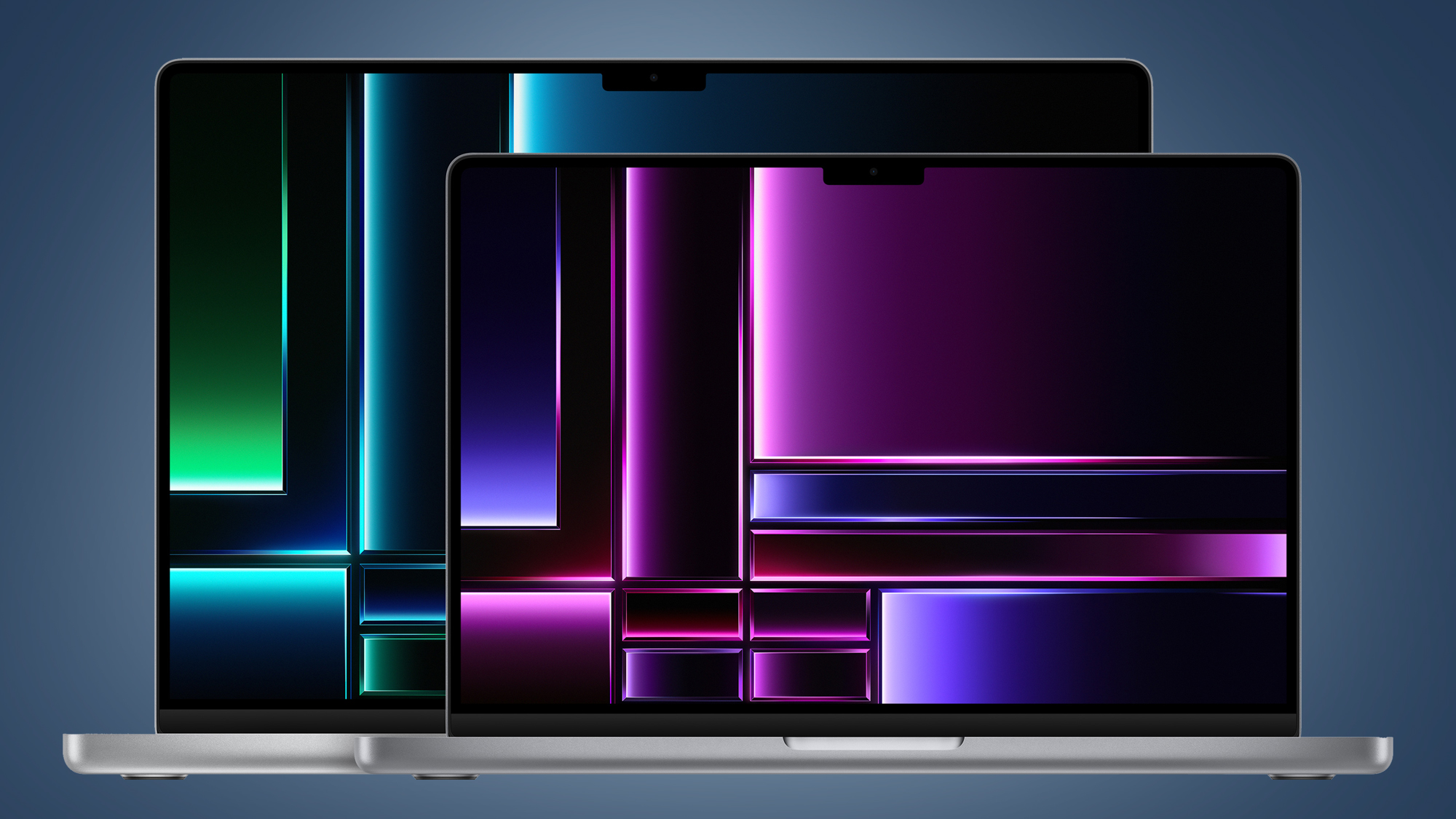
Each model has a 14.2-inch Liquid Retina XDR display with a 3,024 x 1,964 resolution screen and 154 pixels per inch.
These are the same as the previous models, but as they were the best screens you can get on a laptop, we're not complaining!
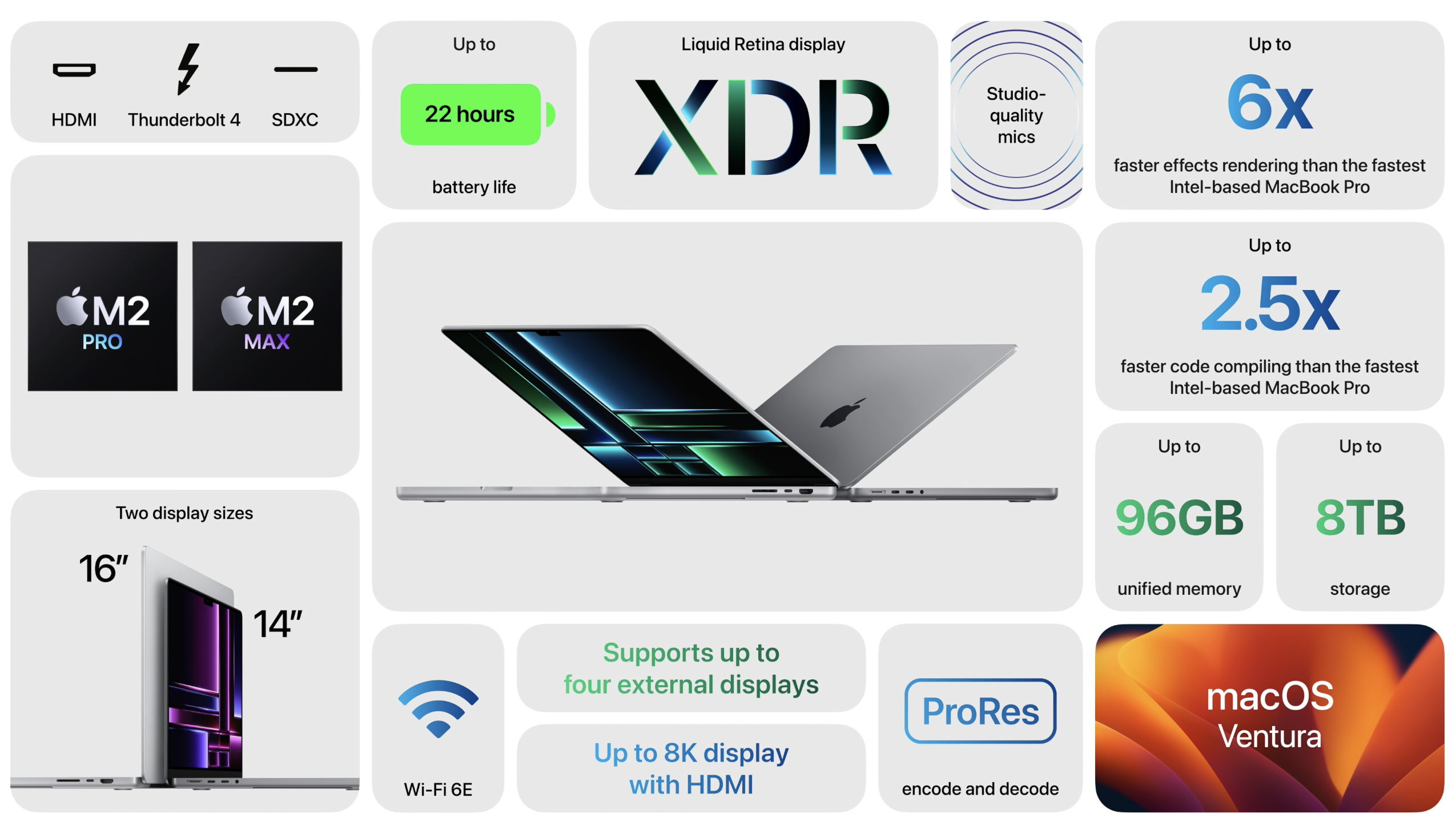
As for the MacBook Pro 16-inch (2023), it starts at $2,499 / £2,699 / AU$3,999 and comes with an M2 Pro and:
- 12-core CPU with 8 performance cores and 4 efficiency cores
- 19-core GPU
- 16-core Neural Engine
- 200GB/s memory bandwidth
- 16GB unified memory
- 512GB SSD
You can also get the MacBook Pro 16-inch (2023) with the M2 Pro and same specs as above, but with a 1TB SSD for $2,699 / £2,899 / AU$4,299.
Finally, for the highest-end MacBook Pro 16-inch (2023) with M2 Max chip, you're looking at a large price tag of $3,499 / £3,749 / AU$5,599, and comes with these specs:
- 12-core CPU with 8 performance cores and 4 efficiency cores
- 38-core GPU
- 16-core Neural Engine
- 400GB/s memory bandwidth
- 32GB unified memory
- 1TB SSD
When it comes to display, each model features a 16.2-inch Liquid Retina XDR display with a 3,456 x 2,234 resolution and pixel density of 254 pixels per inch. All displays on the new MacBook Pros have ProMotion technology for adaptive refresh rates up to 120Hz, so they should run macOS Ventura incredibly smoothly.
Based on these specs, and what the previous models achieved, we don't just think these new devices will be some of the best MacBooks ever released, but could also end up being some of the best laptops you can get right now as well.
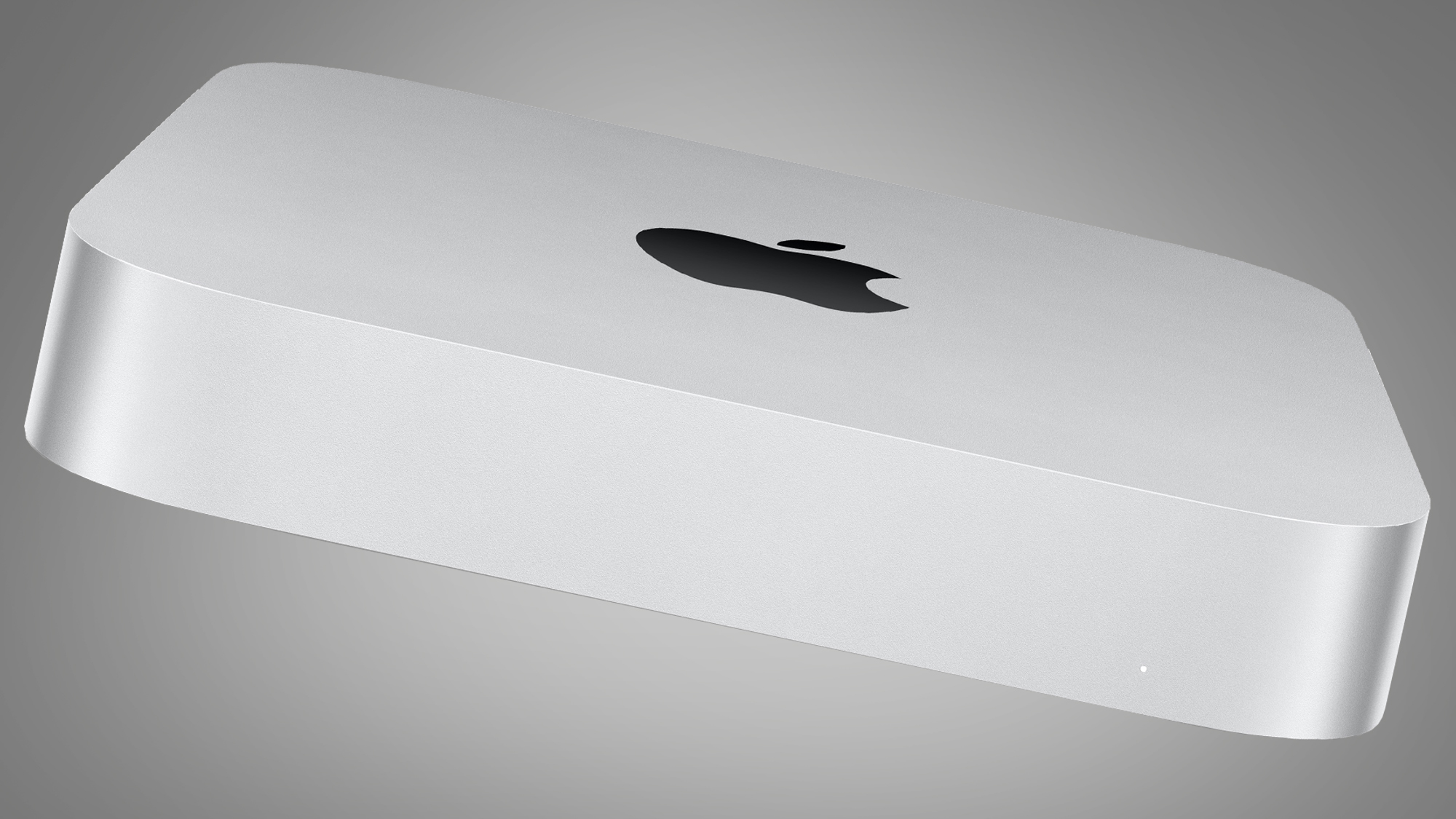
Mac mini (2023)
A very pleasant surprise was the reveal of a new Mac mini. Not only does the Mac mini (2023) have the rather expected upgrade to the M2 chip, but it's also getting a model with the M2 Pro. This means you're getting a compact PC with some serious performance - could it even make the Mac Studio redundant?
With Apple claiming that "the new M2 Pro chip delivers pro-level performance to Mac mini for the first time," and encouraging people to pair the Mac mini (2023) with the Studio Display, which is usually pushed with the Mac Studio, we have a feeling its time might be up.
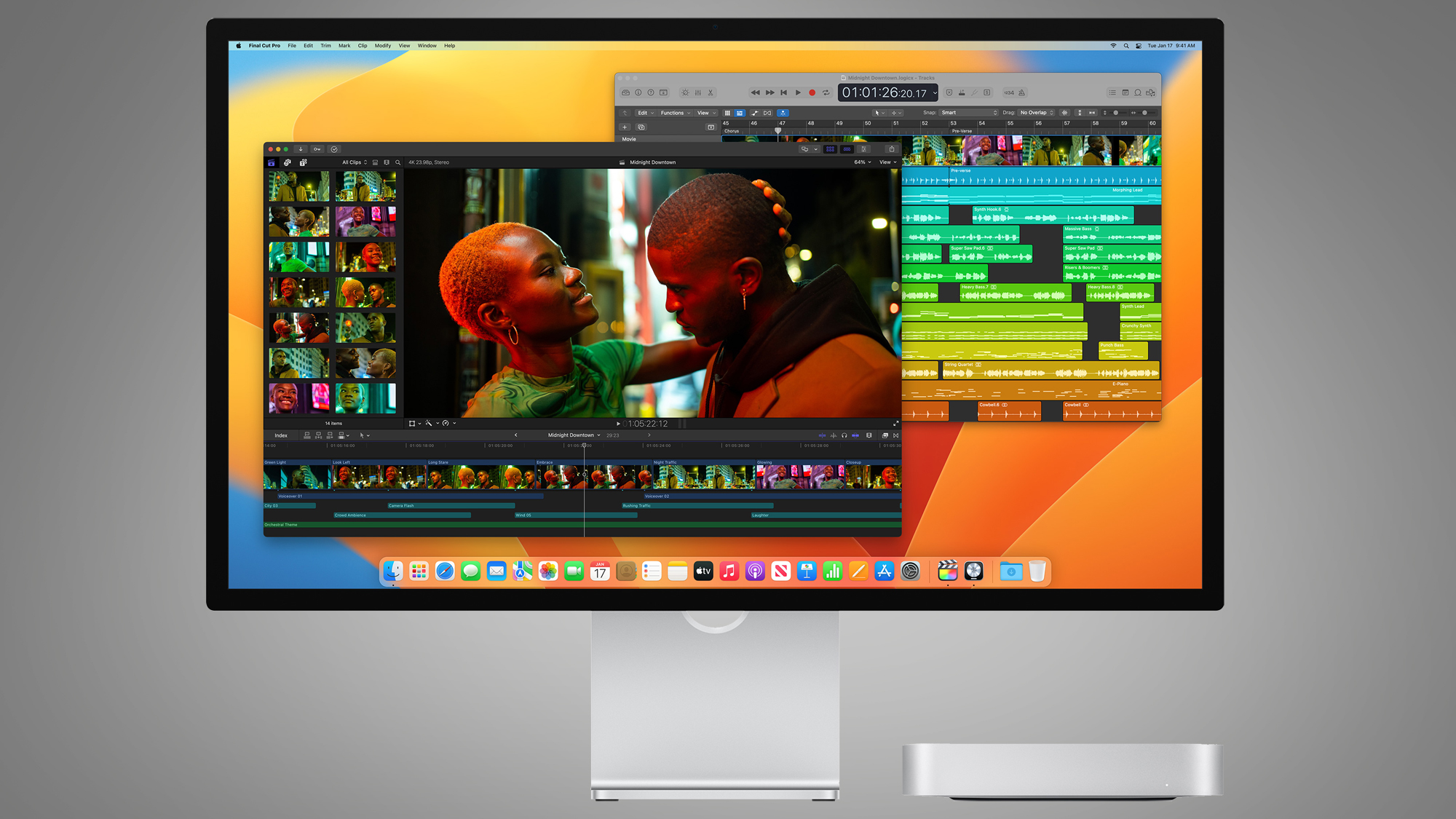
Perhaps most excitingly of all, the M2 Mac mini (2023) comes with a new lower price tag of just $599 / £649 / AU$999. That's impressively affordable, and also bucks the worrying trend recently of products getting more expensive.
The Mac mini (M2, 2023) comes with an 8-core CPU and 10-core GPU and supports up to 24GB memory, and apparently offers 9.8 times the timeline rendering performance in Final Cut Pro compared to the older Mac mini with Intel.

The Mac mini (M2, 2023) comes with a 12-core CPU, 19-core GPU, 200GB/s of memory bandwidth (twice the amount the M2 offers) and support for up to 32GB of memory.
You can order the Mac mini (M2, 2023) and Mac mini (M2 Pro, 2023) today, and it will go on sale on January 24.
The Mac mini (M2, 2023) starts at $599 / £649 / AU$999, and the Mac mini (M2 Pro, 2023) starts at $1,299 / £1,399 / AU$1,999.
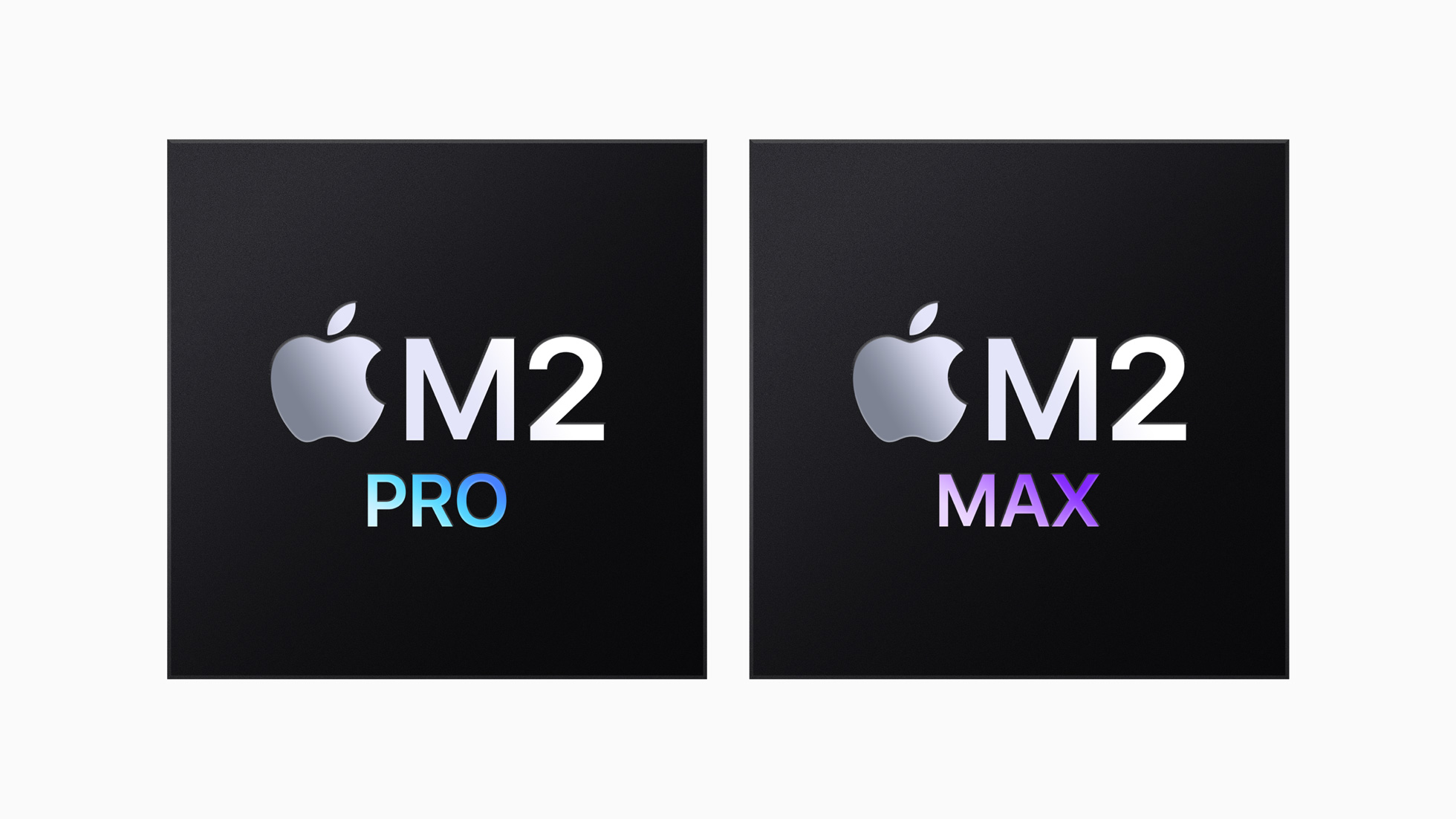
Apple M2 Pro and M2 Max chips are real!
Perhaps the most important revelation from Apple's surprise announcement is the existence of an M2 Pro and M2 Max chips, following on from the launch of the M2 last year.
While a welcome surprise, it wasn't too surprising, as it follows Apple's previous pattern of releasing the M1 chip, then following up the year after with the more powerful M1 Pro and M1 Max chips. We're likely to see an M2 Ultra appear at some point, then.
According to Apple, "M2 Pro scales up the architecture of M2 to deliver an up to 12-core CPU and up to 19-core GPU, together with up to 32GB of fast unified memory."
Meanwhile, the M2 Max chip "builds on the capabilities of M2 Pro, including an up to 38-core GPU, double the unified memory bandwidth, and up to 96GB of unified memory."
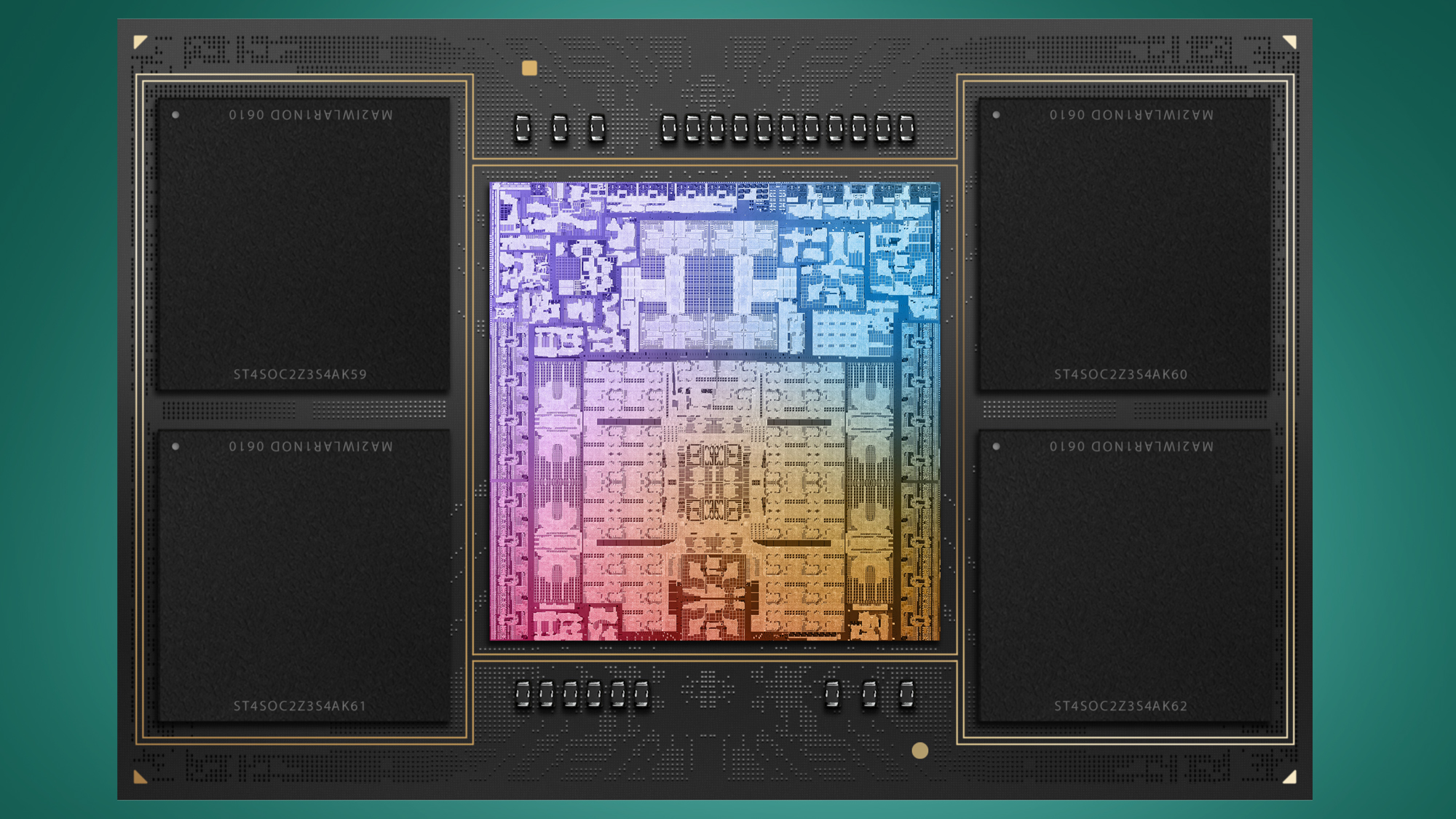
Apple also makes a big deal about the "industry-leading performance per watt" of these chips, which is understandable, as it allows the company to make big claims about the MacBook Pros that will be powered by these chips and their impressively long battery lives.
Here's some of the specs Apple has shared about the M2 Pro and M2 Max chips:
- Both M2 Pro and M2 Max include Apple’s next-generation, 16-core Neural Engine, capable of 15.8 trillion operations per second, and up to 40% faster than the previous generation
- M2 Pro's media engine features hardware-accelerated H.264, HEVC, and ProRes video encode and decode, allowing playback of multiple streams of 4K and 8K ProRes video while remaining power-efficient. The M2 Max features two video encode engines and two ProRes engines, bringing up to 2x faster video encoding than M2 Pro.
- Apple’s latest image signal processor promises better noise reduction and computational video to enhance camera image quality thanks to the Neural Engine of each chip.

Matt is TechRadar's Managing Editor for Core Tech, looking after computing and mobile technology. Having written for a number of publications such as PC Plus, PC Format, T3 and Linux Format, there's no aspect of technology that Matt isn't passionate about, especially computing and PC gaming. He’s personally reviewed and used most of the laptops in our best laptops guide - and since joining TechRadar in 2014, he's reviewed over 250 laptops and computing accessories personally.